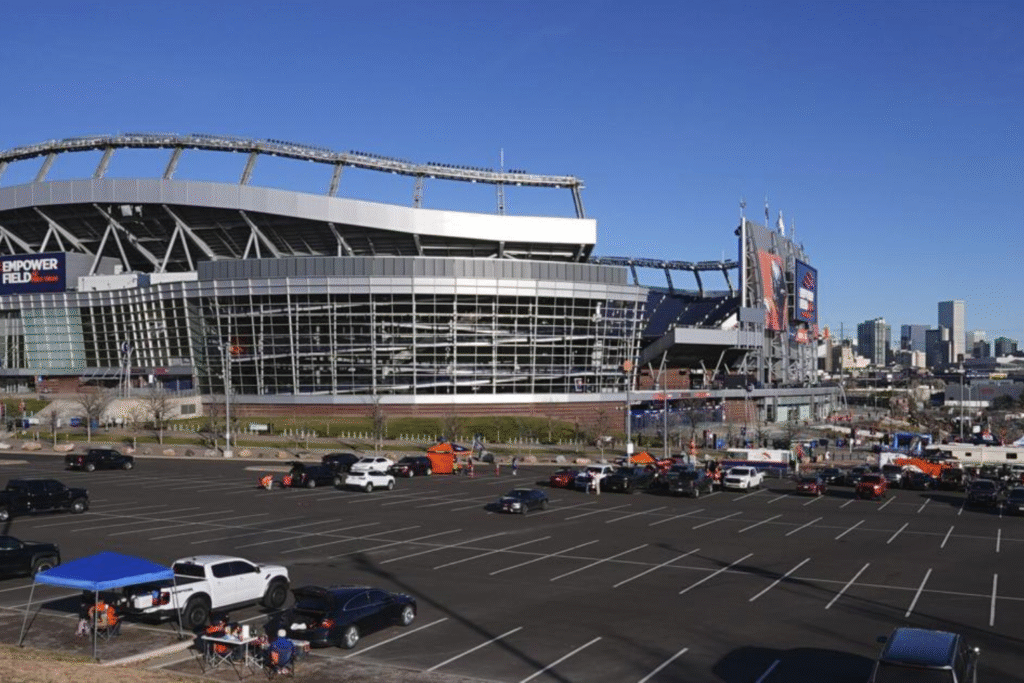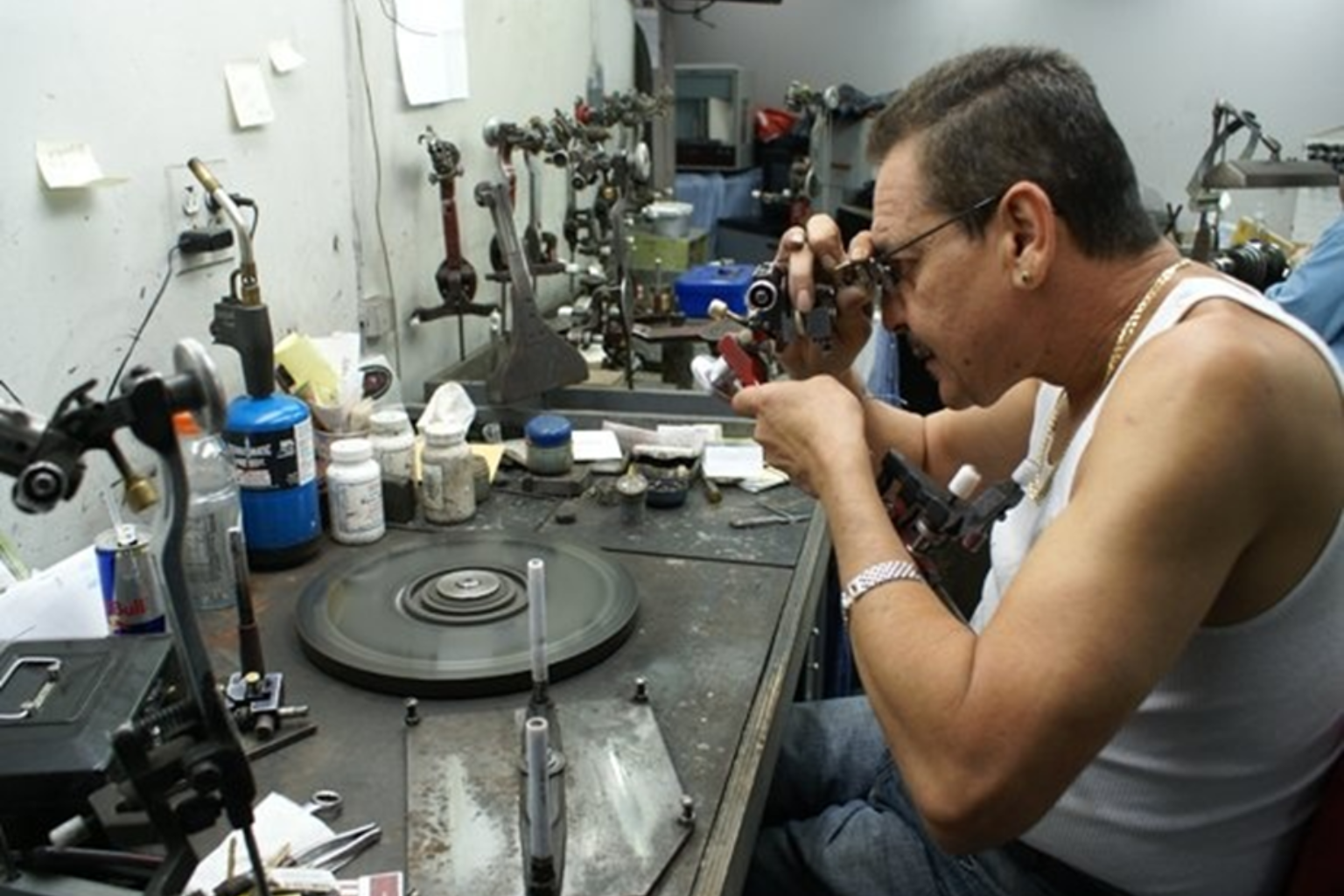
From Union Station to RiNo, Denver is experiencing a building boom. With new developments sprouting up across the city and more companies moving into Colorado’s tech hub, securing commercial and multifamily properties is more important than ever. That’s where modern access control systems in Denver come in, combining security with convenience through mobile apps, cloud-based platforms, and smart integrations.
Whether you’re managing a new downtown high-rise or retrofitting a warehouse in LoDo, access control in Denver is evolving fast. Let’s explore how these systems work, why they matter for Denver properties, and how to choose the right one for your building.
What is an Access Control System?
An access control system is a method of electronically managing who can enter a building or a specific area and when they can do so. At its most basic, it replaces traditional locks and keys with secure, technology-enabled tools, such as key cards, PIN codes, mobile apps, or even biometric readers.
Modern systems go a step further. Today’s cloud-based access control platforms enable property managers to grant or revoke access remotely, monitor entry activity in real-time, and integrate with other technologies, such as intercoms and security cameras. That makes them not only more secure but also more efficient to manage, especially in multifamily and commercial buildings.
Why Denver Properties Need Smarter Access Control
Denver’s real estate market is surging, with thousands of new apartments, office buildings, and mixed-use developments in the pipeline. But growth brings challenges, especially when it comes to managing secure and seamless access across properties with dozens or even hundreds of doors.
That’s why access control is becoming a critical investment in Denver. Traditional lock-and-key systems can’t keep up with the demand for security, convenience, and flexibility. Smart access control systems enable building managers to issue digital credentials, create time-based permissions for vendors or visitors, and view detailed entry logs remotely, without needing to be on-site.
And with a growing number of remote workers, package deliveries, and amenity-rich communities, residents and tenants alike expect intuitive, mobile-friendly access. In a city like Denver, where innovation meets outdoor lifestyle, your building’s access control system should reflect that same forward-thinking energy.
Key Access Control Trends in Denver’s Real Estate Scene
As Denver solidifies its position as a hub for innovation, its real estate scene is rapidly embracing the latest advancements in access control technology.
Here are a few trends shaping the Mile High City:
- Mobile access is the new standard. Residents and employees want to unlock doors with their phones, not dig for fobs or remember key codes. Mobile-first access control is becoming a must-have amenity.
- Touchless entry is here to stay. COVID-19 accelerated demand for hygienic, contactless entry points. Systems that enable automatic door unlocking via Bluetooth or QR code are gaining popularity in both residential and commercial settings.
- Centralized control is crucial. As more property managers oversee multiple sites, they require systems that can be managed remotely. Cloud-based platforms enable easy monitoring of activity, making changes, and scaling across multiple buildings.
- Integrations drive smarter buildings. Access control doesn’t work in a vacuum; it’s increasingly connected to intercoms, video cameras, and building automation systems, creating a more seamless experience for users and operators alike.
How to choose the right access control system for your Denver property
No two buildings are exactly alike, and neither are their access control needs.
When evaluating systems for your Denver property, start by considering the following:
- Size and layout of the building. A downtown office tower with multiple tenants may require more complex zoning and credential management than a smaller apartment building in Capitol Hill.
- Type of users. Will you be managing access for residents, employees, visitors, delivery drivers, or all of the above? Look for systems that let you customize permissions by user type.
- Scalability and flexibility. As your building evolves, your access system should scale with it. Cloud-based platforms make it easier to add doors, users, or even new properties to your system.
- Ease of use. Your team (and your tenants) shouldn’t need an IT degree to operate the system. A clean, mobile-friendly interface is essential.
- Support and service. Choose a provider with a proven track record and responsive support, especially one familiar with the unique demands of Denver’s property landscape.
And if you’re upgrading from an outdated or legacy system, it’s worth exploring solutions that work with your existing infrastructure. That way, you can modernize without having to start from scratch.
The future of access control in Denver’s smart city growth
As Denver invests in smart city initiatives and continues to attract tech-forward residents and businesses, the demand for intelligent building systems is expected to grow. Access control is at the heart of that movement, laying the foundation for more secure, connected, and efficient urban living.
Expect to see more AI-driven analytics, predictive maintenance, and deeper integrations between access control and other building systems in the years ahead. Whether you’re a developer breaking ground on a new project or a property manager upgrading a historic building, now is the time to future-proof your access strategy.
Bringing smarter security to the Mile High City
Denver’s growth shows no signs of slowing down, and neither should your building’s technology. A modern access control system doesn’t just enhance security; it delivers the flexibility, convenience, and scalability your property needs to thrive.
By embracing mobile-first, cloud-powered access solutions, you’re not just keeping up with Denver’s transformation, you’re helping shape its future.








